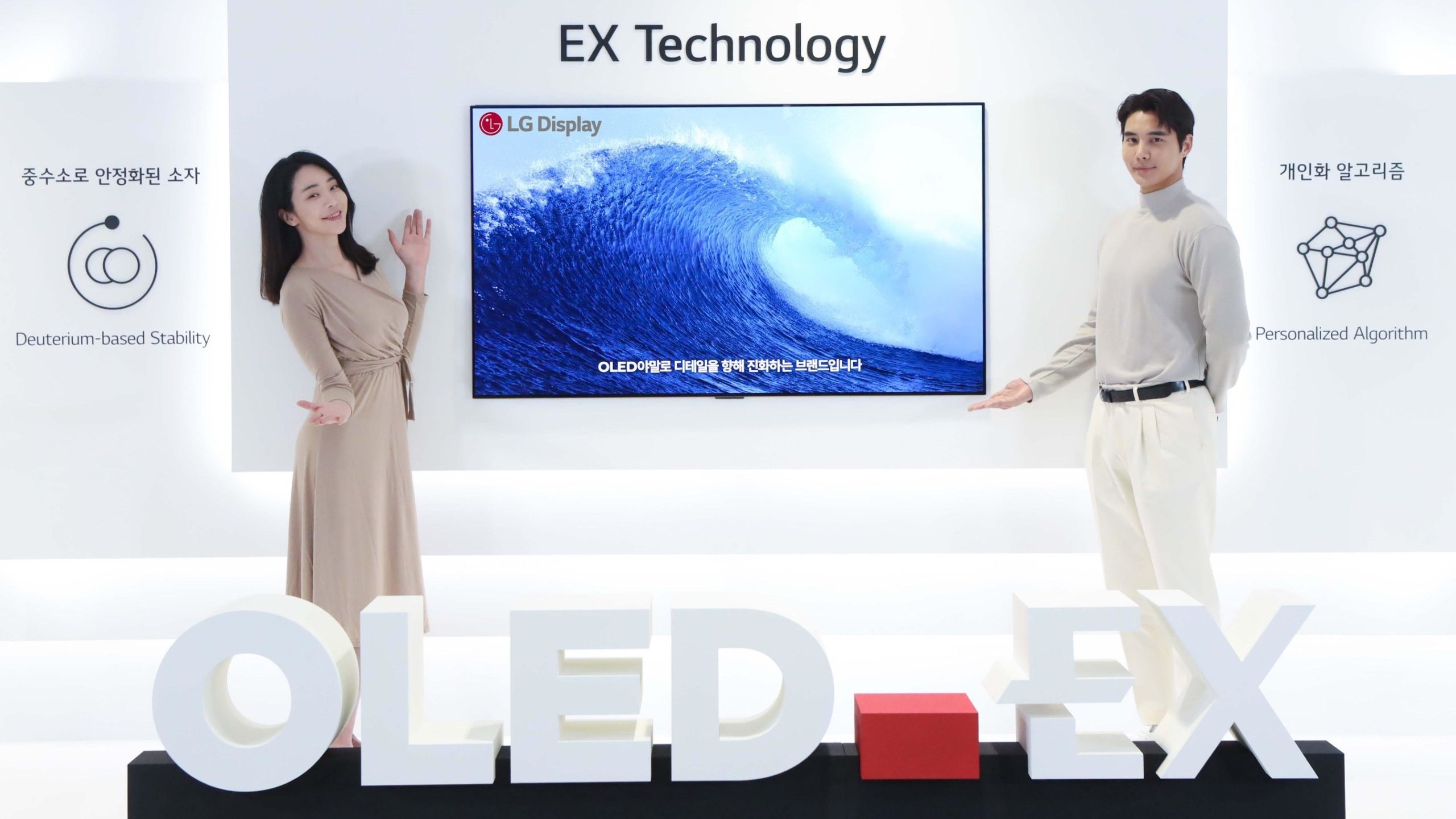Why dead pixels may be a thing of the past for LG's next-gen OLED TVs

One of the biggest gripes about OLED TVs is that they can, occasionally, suffer burn-in (image retention) and burn out (dead pixels). That’s something LG Display is keen to fix on its next-generation OLED.EX panels that it’s distributing to TV makers like Panasonic, Philips, Sony and LG’s own Electronics division.
The way it’s going about it is implementing a new personalization algorithm that looks at the initial state of the organic light-emitting diodes right out of the box in conjunction with your viewing habits to develop a plan to keep them shining brighter for years to come.
In an LG Display blog post that describes the process, the company says the algorithm can continuously predict the operating conditions of the optimal pixels (i.e. the best pixels that are used most frequently) that can maintain the brightness and performance of the initial state.
In short, LG Display wants to keep your next OLED TV looking as good on day 1,000 as it looked on day one when you pulled it out of the box.
Analysis: Does this really work?
In an example provided by LG Display, the company displayed a picture of Yellowstone’s Grand Prismatic Spring and highlighted the parts that used the highest amount of the RGB sub-pixels.
By knowing where the brightest and most vibrant colors on the screen would be, the algorithm could properly control those areas to maintain stability.
Now, as intriguing as that sounds, it does sound challenging to pull off in practice. Pixels have always worn unevenly and don’t even arrive in the same condition. This algorithm could fix that. That said, you’re still dealing with organic compounds (carbon and deuterium, in this case) which means they are still limited in lifespan.
Sign up for breaking news, reviews, opinion, top tech deals, and more.
However, if LG Display has found a good way to extend the shelf life of these screens and they make their way into the next generation of Panasonic, Philips, Sony, and LG OLED TVs, well, that sounds like a win-win for everyone.
- Don't miss our hands-on first look at the LG C2 OLED TV

Nick Pino is Managing Editor, TV and AV for TechRadar's sister site, Tom's Guide. Previously, he was the Senior Editor of Home Entertainment at TechRadar, covering TVs, headphones, speakers, video games, VR and streaming devices. He's also written for GamesRadar+, Official Xbox Magazine, PC Gamer and other outlets over the last decade, and he has a degree in computer science he's not using if anyone wants it.